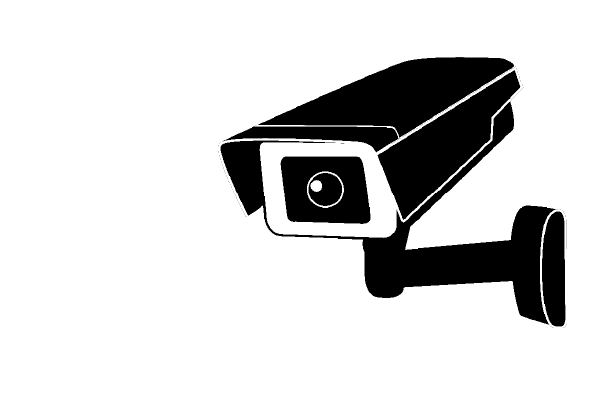Deputy mayor Tony Mancini brought an information report from staff about the surveillance Camera Pilot Project for Public Spaces to council for discussion this week.
In May 2017, council asked for a staff report on the use of surveillance cameras in public spaces looking at both permanent and temporary camera systems, using the Farrel Street Park Pathway as a pilot project in response to the killing of an 18-year-old woman on the path. In the middle of this process, council approved an administrative order around cameras which set guidelines and moved all decisions into the hands of corporate security.
The information report looked at the use of video surveillance in public spaces to reduce crime saying that while CCTV cameras are often seen as a deterrent, "there is very little evidence demonstrating a causal relationship between the installation of video surveillance and a reduction in crime." Staff recommended against using CCTV in the park and not to go ahead with the pilot project: "Undergoing a pilot project would require significant investments, and according to the evidence available, would be unlikely to prevent future violent incidents, such as those that occurred in the park in 2017."
In response to the significant financial cost, Councillor David Hendsbee asks if there's an opportunity to bulk buy, citing that more cameras—in rural areas, too—could help with the problem of "illegal dumping" to help "catch some of the culprits." Councillor Steve Streatch also supported the notion of more cameras, saying "this is an item whose time has come," supporting Hendsbee's suggestion that it's not just an urban issue and that there's "many situations across HRM where surveillance and cameras would benefit us in many ways."
Councillor Richard Zurawski raised some concerns with personal privacy and dependance: "I worry about that we're sacrificing our liberties in the name of security....The idea that surveillance is going to solve everything is something I'd like to avoid," he says. "All we're doing is shifting the burden to another area."
Public safety advisor Amy Siciliano says the administrative order recommends only putting in cameras after everything else has been tried and the city knows cameras will actually work, adding there's "a tendency to see cameras as an easy fix to some of the social problems that we have."
Councillor Lorelei Nicoll reminded staff that her request to work with the UN Women's Safe Cities Safe Public Spaces program will be helpful in public space harm prevention in the future.
As per the administrative order, any CCTV footage that is kept is only stored for no more than 30 days. Any area councillors who wish to see cameras installed will have to go through corporate security and the corresponding business department.

